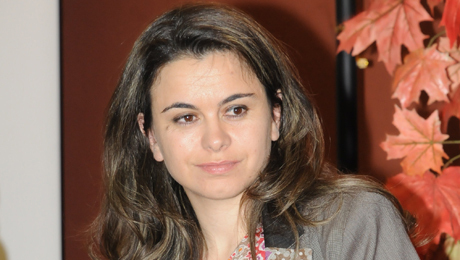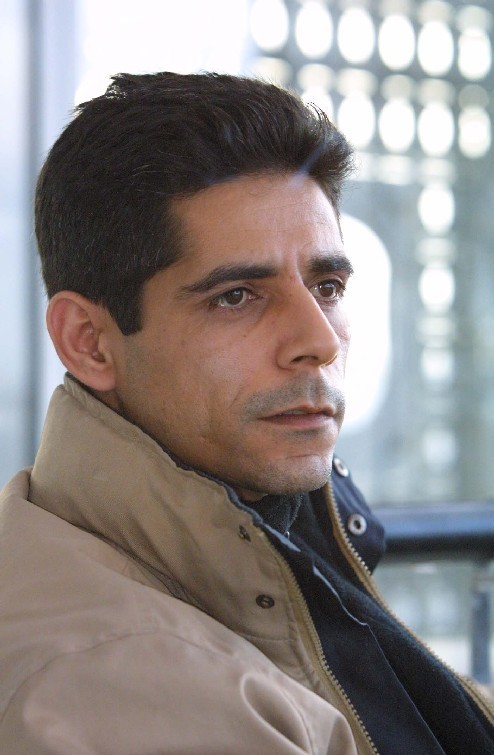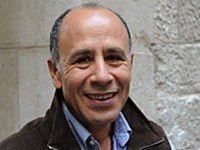
Le Maroc bouge. Le Maroc attend. Le Maroc recule. Ses jeunes sont toujours ignorés, écartés. Qui leur parle directement ? Qui les comprend ? Qui les inspire ? Qui les aide à s’affirmer, à être eux-mêmes et libres ? À ne plus se sentir abandonnés, isolés ? À prendre leur vie en main ? Dans ce livre, dix-huit écrivains et artistes marocains (vivant au Maroc ou ailleurs) envoient à ces jeunes des lettres qui viennent du cœur. Des lettres pour établir un lien inédit avec eux. Les considérer, les encourager, les critiquer. Les réveiller. Les élever. Ensemble remettre en question le système et rejeter les trop nombreux conservatismes qui empêchent ce pays d’entrer enfin dans une véritable modernité. Un livre, intime et politique, pour engager l’histoire autrement.
Authors
Rachida Lamrabet is een Vlaamse schrijfster van Marokkaanse origine. Rachida Lamrabet in de Nederlandstalige Wikipedia Rachida Lamrabet bij "Schrijversgewijs" Rachida Lamrabet is a Flemish writer of moroccan origin.
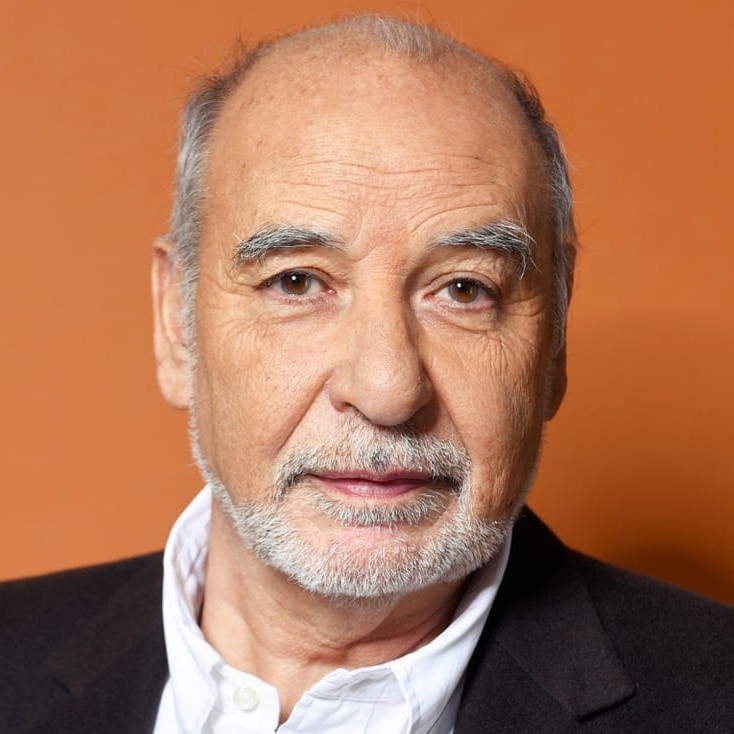
الطاهر بن جلون Tahar Ben Jelloun (Arabic: الطاهر بن جلون) is a Moroccan writer. The entirety of his work is written in French, although his first language is Arabic. He became known for his 1985 novel L’Enfant de Sable (The Sand Child). Today he lives in Paris and continues to write. He has been short-listed for the Nobel Prize in Literature.
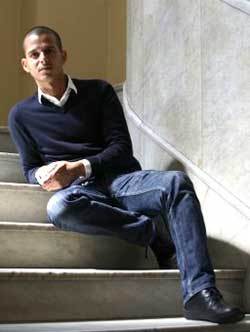
Abdellah Taïa is a Moroccan writer born in Salé in 1973. He grew up in a neighborhood called “Hay Salam” located between Salé and Rabat, where his father Mohammed works at the General Library of the capital. His mother M’Barka, an illiterate housewife, gives so much meaning to his days and accompanies his sleep with her nocturnal melodies. This son of a working-class district and second youngest of a household of ten children is the first Moroccan writer to publicly assume his homosexuality. Abdellah Taïa has been living in Paris since 1999, where he obtained a doctorate in Letters at La Sorbonne University while managing to write 5 books. The last one, called “an Arabian melancholia”, was just published by “Seuil” on March 6th of 2008

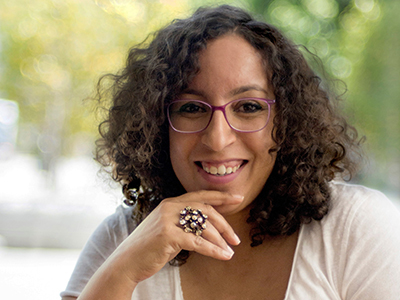
At the age of 8, Najat El Hachmi immigrated with her family to Catalonia, Spain. She studied Arab literature at the University of Barcelona. She began writing when she was twelve years old and has continued ever since, first as entertainment, and later as a means to express concerns or to reflect and re-create her own reality, in the (at least) two cultures to which she belongs. Her first book, Jo també sóc catalana (I am also Catalan, 2004), was strictly autobiographical, dealing with the issue of identity, and the growth of her sense of belonging to her new country. In 2008, she won one of the most prestigious award in Catalan letters, the Ramon Llull prize, for her novel L'últim patriarca (The Last Patriarch).
